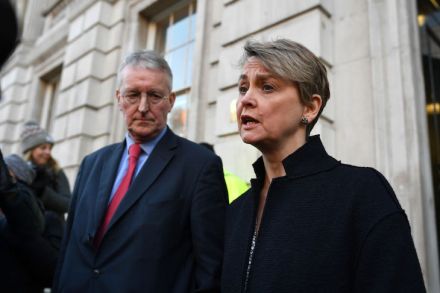MPs have one shot this week to prevent a no-deal Brexit
As you know, I have been banging on about the probability that the UK will leave the EU without a deal on 12 April. Having talked to very senior members of the government, and also well-placed sources in the EU, it has become clear to me that MPs have one shot to prevent that – and it will almost certainly be this week that MPs will either rise to the challenge or flunk it. How so? Well, the prime minister and the EU will be looking at the indicative votes that are due to take place on Tuesday and Wednesday – on Tuesday sponsored by the PM, on Wednesday under



















